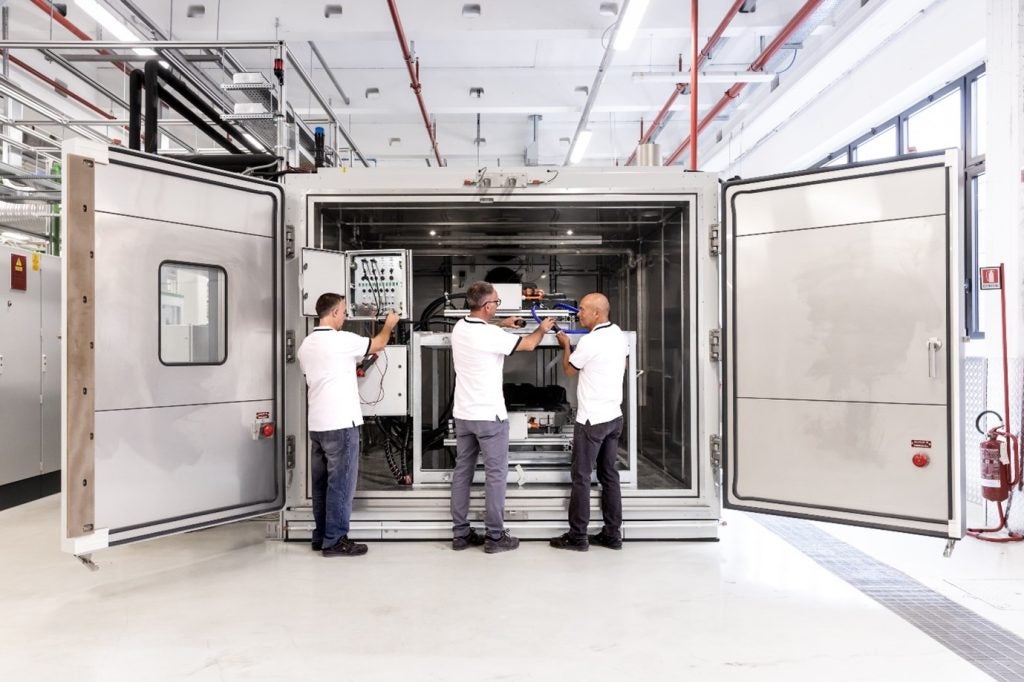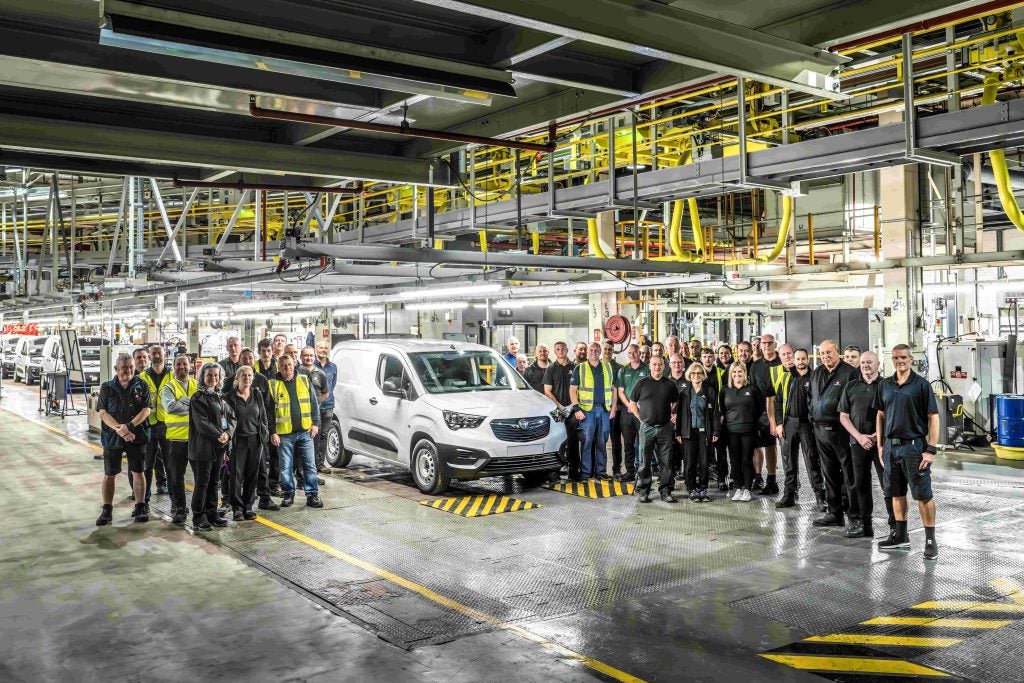
Stellantis has certified 24 engine types in European vehicles, sold since 2014, which can run on eFuel without any engine adjustments.
Using surrogate Aramco eFuels, Stellantis has conducted tests to show that low carbon eFuel can be used in these engines. This could potentially reduce CO2 emissions by 70% compared to regular fuels.
“The results of the testing reinforce our view that synthetic fuel can be a drop in solution in existing vehicles and, when produced via a low carbon pathway, it can play an important role in reducing carbon emissions in the transport sector and supporting an orderly energy transition,” said Amer Amer, Aramco transport chief technologist.
Stellantis said it believes the use of low carbon eFuels in European vehicles could reduce up to 400m tonnes of CO2 emissions in Europe between 2025 and 2050.
Comprehensive testing included assessments of emissions, engine performance, reliability, and extreme temperature performance.
In Saudi Arabia, Aramco is collaborating with Enowa on the production of synthetic petrol for light-duty passenger cars. Meanwhile, in Bilbao, Spain, it is working with Repsol to explore low carbon synthetic diesel and jet fuel. It is also working with motorsport teams and competitions to showcase the potential of low carbon fuels to reduce emissions from internal combustion engines.





